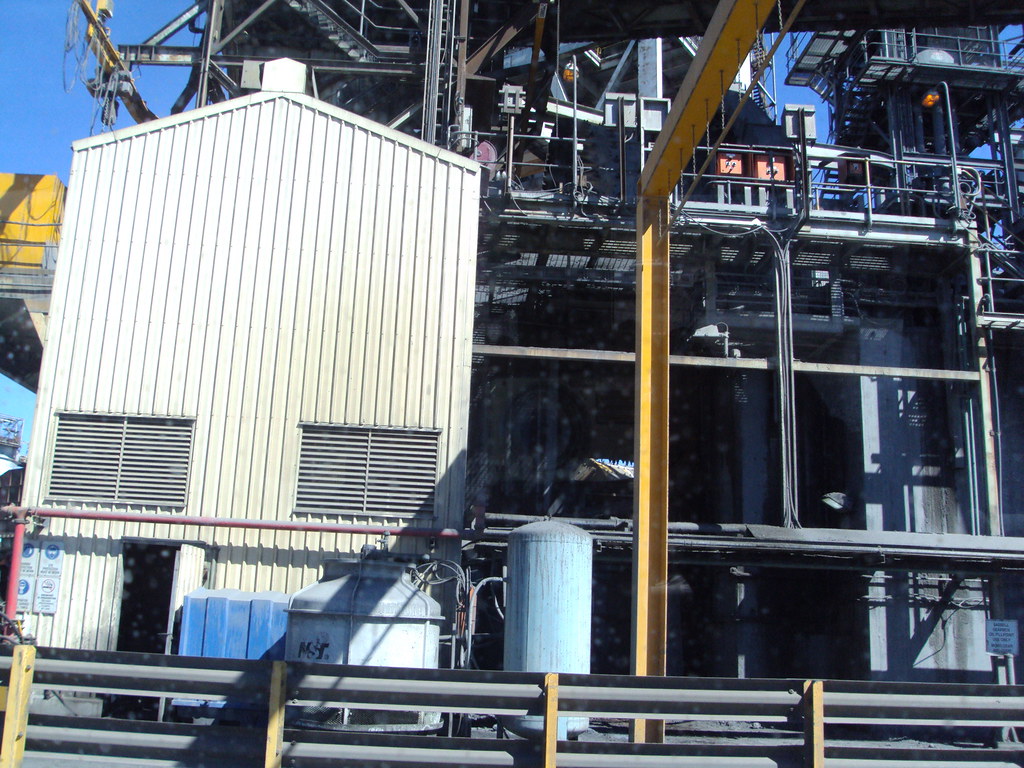Ultimate Legal Checklist: 10 Must-Have Permits for Real Estate Investors
Investing in real estate can be a profitable and exciting venture. As a real estate investor, you get to enjoy the benefits of owning property and generating passive income. However, it is important to keep in mind that investing in real estate also comes with its own set of legal requirements.
One of the most important aspects of real estate investing is obtaining the necessary permits. Without the proper permits, you risk facing hefty fines, legal issues, and project delays. As a real estate investor, it is essential to have a checklist of permits that you must obtain before starting your investment.
In this article, we will provide you with a detailed guide on the 10 must-have permits for real estate investors. So, if you want to ensure that your real estate investment is legally compliant and free of legal issues, keep reading. The Ultimate Legal Checklist: 10 Must-Have Permits for Real Estate Investors is your guide to success in real estate investing.
Why You Need This Checklist?
The consequences of not obtaining the necessary permits can be severe. Fines, lawsuits, and delays in your project are just a few of the issues that you may face. This checklist will help you prevent such problems and ensure that your investment is legally compliant.
Overview of the 10 Must-Have Permits
The following are the ten must-have permits for real estate investors:
- Building Permit
- Zoning Permit
- Environmental Permits
- Occupancy Permit
- Sign Permit
- Business License
- Homeowner’s Association Approval
- Insurance Permits
- Landlord Permit
- Permits for Property Improvements
The Benefits of Each Permit
1. Building Permit
A building permit is a legal document that allows you to construct, alter, or repair a building. It ensures that the work you do is safe and complies with local building codes. Without a building permit, you risk facing hefty fines and having your project shut down.
2. Zoning Permit
A zoning permit is required to ensure that your project complies with local zoning regulations. It specifies how the property can be used, what type of building can be constructed, and where it can be located. Failure to obtain a zoning permit can result in fines, lawsuits, and delays in your project.
3. Environmental Permits
Environmental permits are necessary if your project could have an impact on the environment. Examples include permits for wetlands, air emissions, and hazardous waste disposal. Failure to obtain these permits can result in fines and legal action.
4. Occupancy Permit
An occupancy permit is required to verify that your building complies with local safety and health codes. It ensures that your building is safe for human occupancy. Failure to obtain an occupancy permit can result in fines and legal action.
5. Sign Permit
A sign permit is necessary if you plan to install signs on your property. It specifies the type, size, and location of the sign. Failure to obtain a sign permit can result in fines and legal action.

6. Business License
A business license is required for any business activity that takes place on your property. It ensures that your business complies with local regulations and pays the necessary taxes. Failure to obtain a business license can result in fines and legal action.
7. Homeowner’s Association Approval
If your property is part of a homeowner’s association, you may need to obtain approval before making any changes to the property. Failure to obtain approval can result in fines and legal action.
8. Insurance Permits
Insurance permits are necessary to ensure that your property is covered by insurance policies such as liability and property insurance. Failure to obtain the necessary insurance permits can result in financial loss in case of any incidents or accidents on your property.
9. Landlord Permit
A landlord permit is required if you plan to rent out your property. It ensures that you comply with local landlord-tenant laws, including safety requirements, security deposits, and eviction procedures. Failure to obtain a landlord permit can result in fines and legal action.
10. Permits for Property Improvements
Permits for property improvements are necessary if you plan to make any significant changes to your property, such as adding a swimming pool or expanding your building. Failure to obtain the necessary permits can result in fines and legal action.
Action Steps: Your Checklist
Here are the action steps you need to take to ensure that you have all the necessary permits:
- Determine the permits you need for your project.
- Research the requirements for each permit.
- Obtain the necessary application forms and documents.
- Fill out the forms and attach the necessary documents.
- Submit the forms and pay the necessary fees.
- Wait for the permit to be approved.
- Once approved, display the permit prominently on your property.
It is essential to note that the requirements for permits vary depending on your location and the type of project you are undertaking. Therefore, it is crucial to consult with your local authorities to ensure that you have all the necessary permits.
How these Permits for Real Estate Investors Can be Used?
Suppose you are a real estate investor planning to build a commercial property in a city. The first thing you need to do is research the permits required for your project. You may need a building permit, a zoning permit, an occupancy permit, and a sign permit. Once you have determined the permits you need, you can obtain the necessary application forms and documents and submit them to the local authorities. Once the permits are approved, you can start construction on your property.
Alternatively, suppose you are a landlord planning to rent out your property. You will need a landlord permit to ensure that you comply with local landlord-tenant laws. You will also need insurance permits to ensure that your property is covered by insurance policies such as liability and property insurance. Failure to obtain these permits can result in financial loss and legal action.
Final Words
Investing in real estate is not just about buying and selling properties. It’s also about understanding and complying with legal requirements. Obtaining the necessary permits is a critical part of this process. By following this ultimate legal checklist of the 10 must-have permits for real estate investors, you can prevent legal issues and ensure that your investment is legally compliant. Don’t risk facing fines, lawsuits, and delays in your project. Obtain the necessary permits and display them prominently on your property.
So, what are you waiting for? Start researching the permits you need for your project today and ensure that you have all the necessary permits before starting your investment. Remember, prevention is always better than cure.
